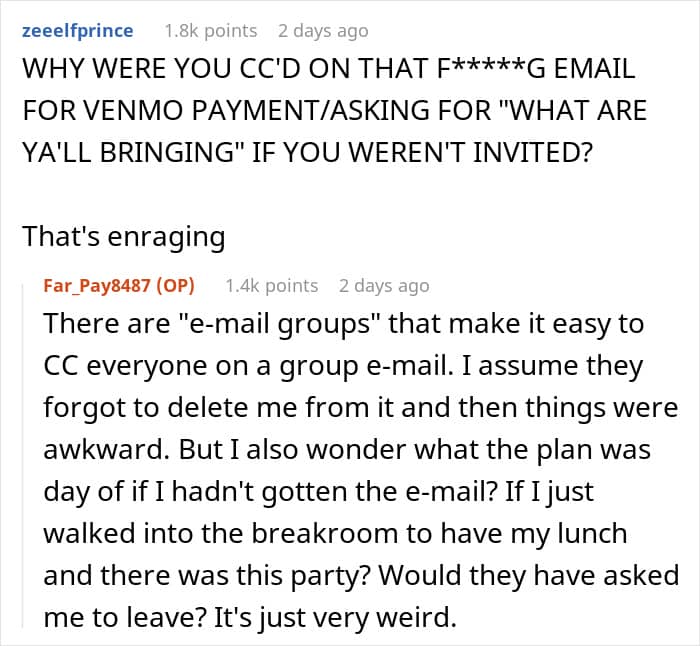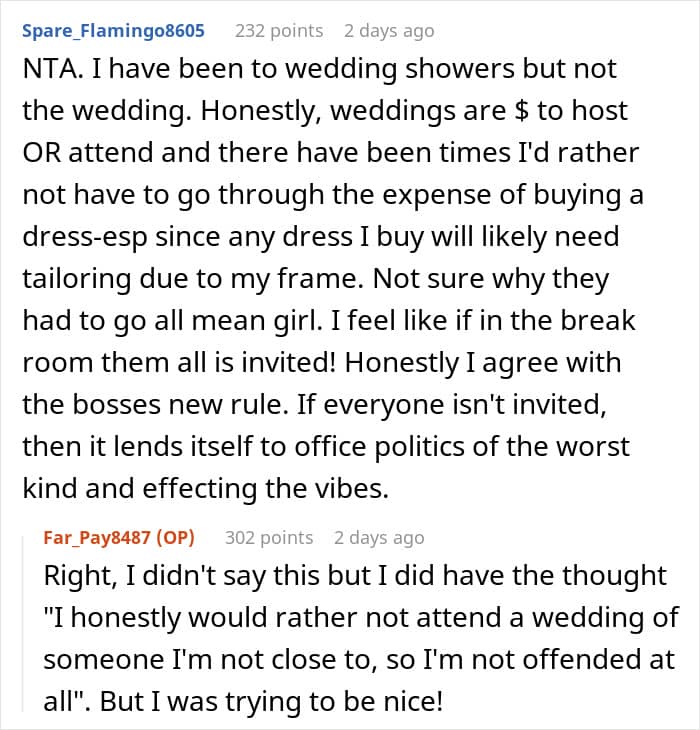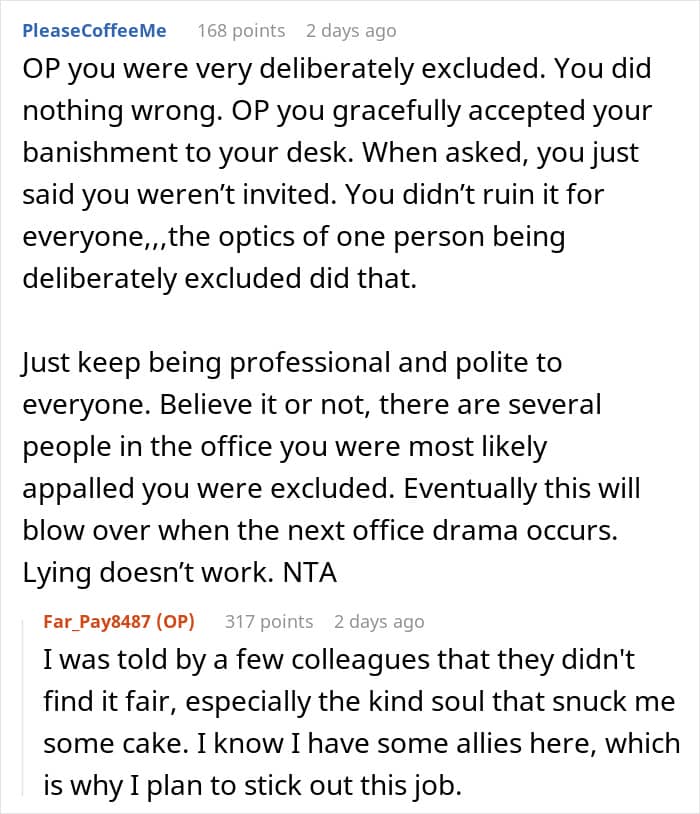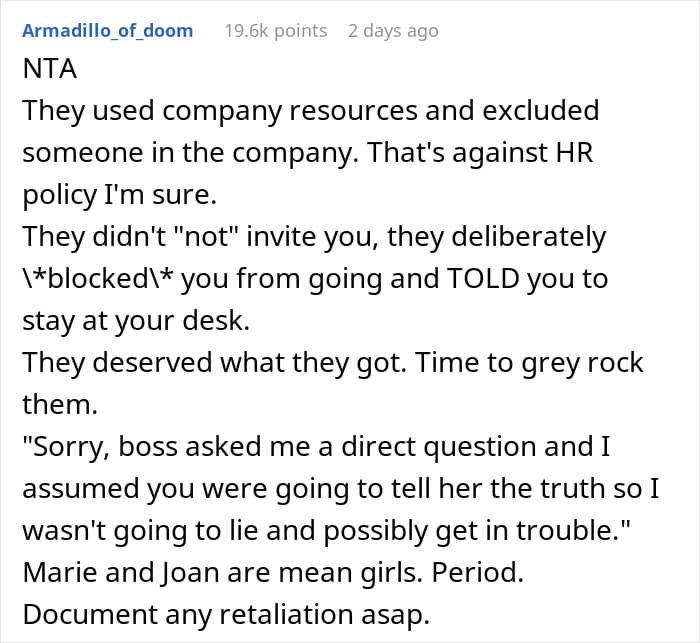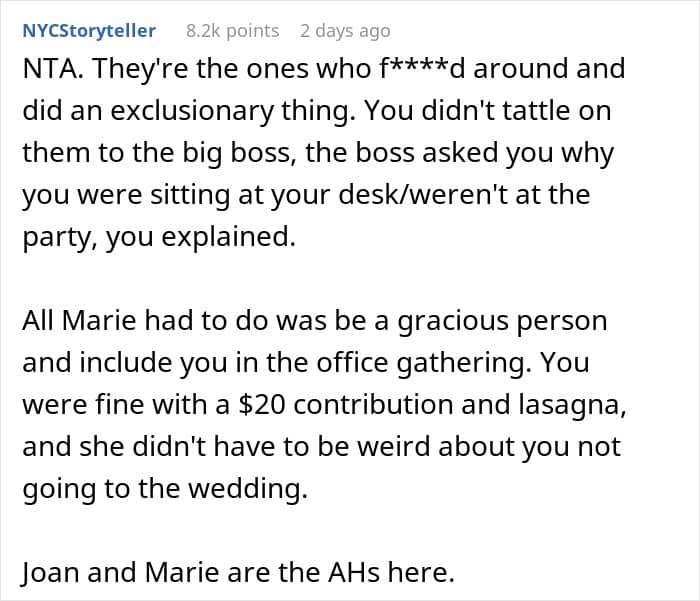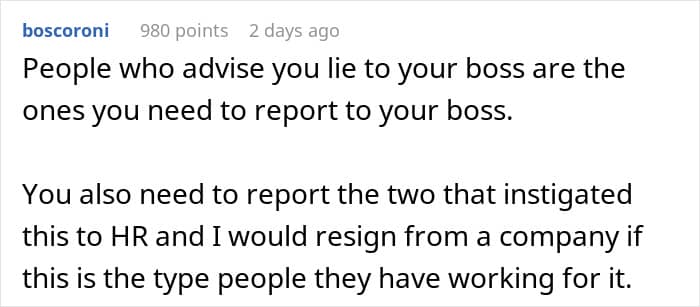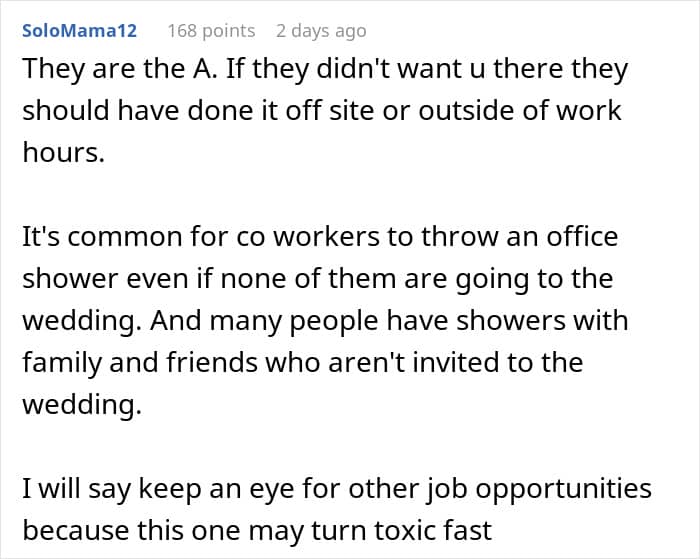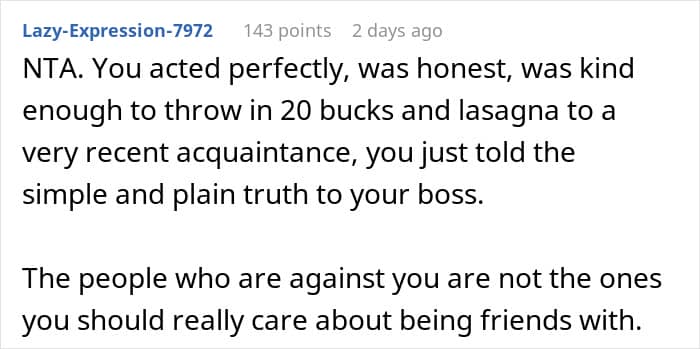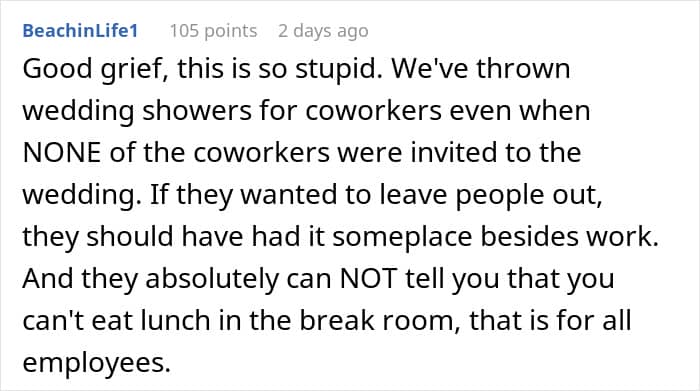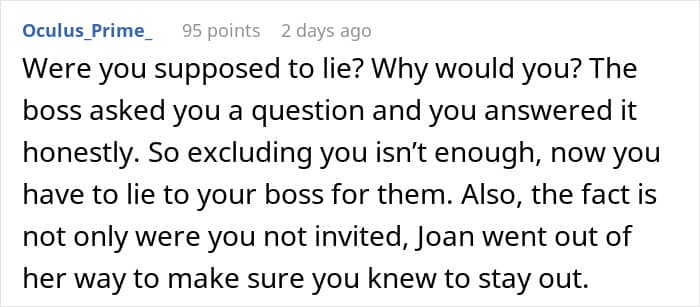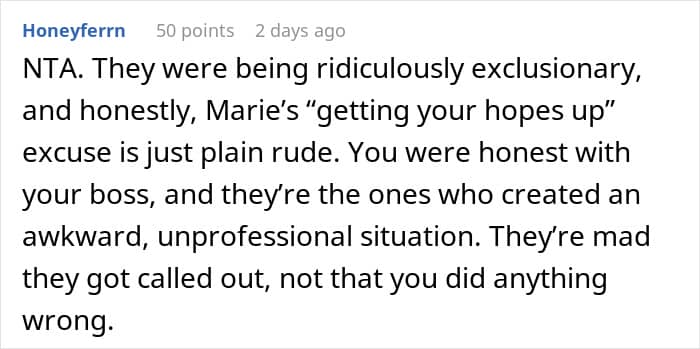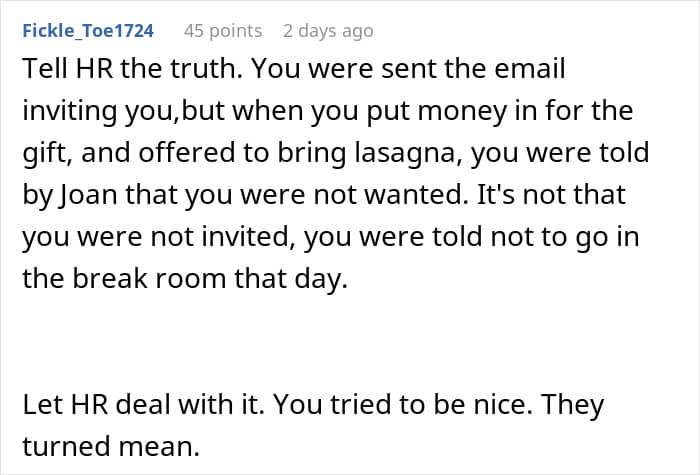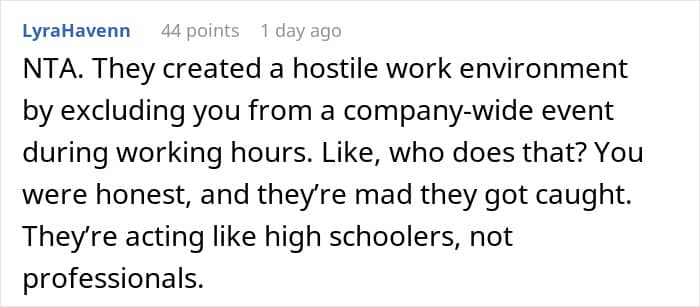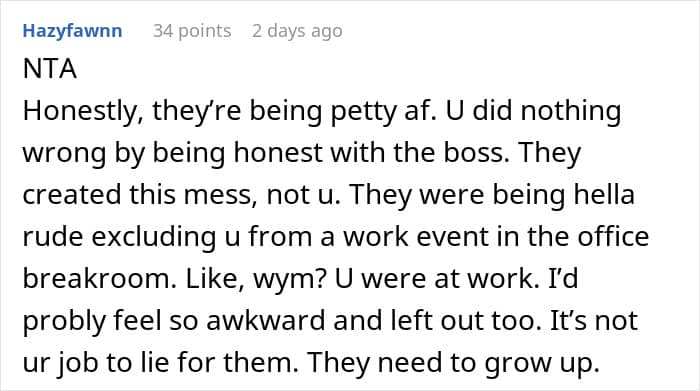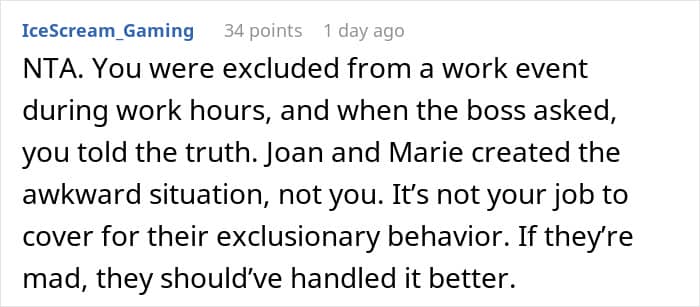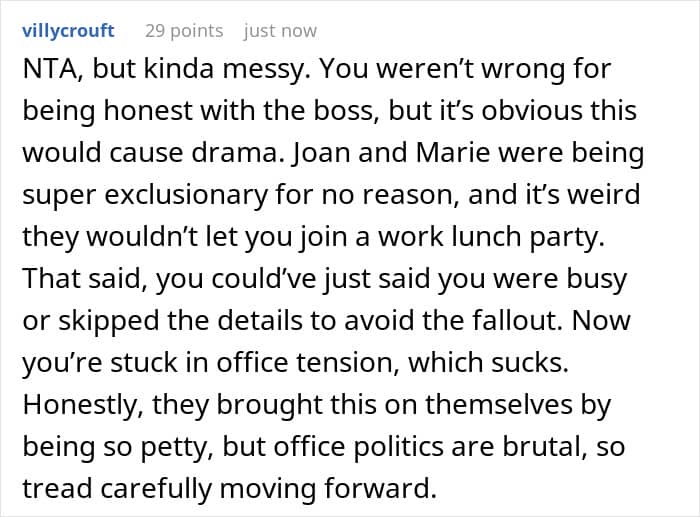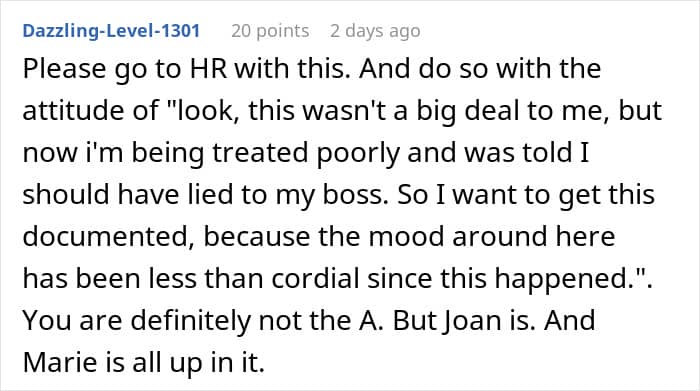The workplace is not just a place to work, as office parties are becoming quite popular. Yet not all employees like them, as, in 2023, 64% of American workers said they stopped going to after-hours company events entirely or were going to them less often.
This office learned the hard way that parties aren’t always a good idea. Things already got awkward as they excluded a new employee from attending. But the situation got worse after she inadvertently told the boss and all future festivities received a ban for the near future.
RELATED:A new employee wasn’t allowed to attend a coworker’s bridal shower

After she accidentally told the boss and all office parties got banned, colleagues began stonewalling her
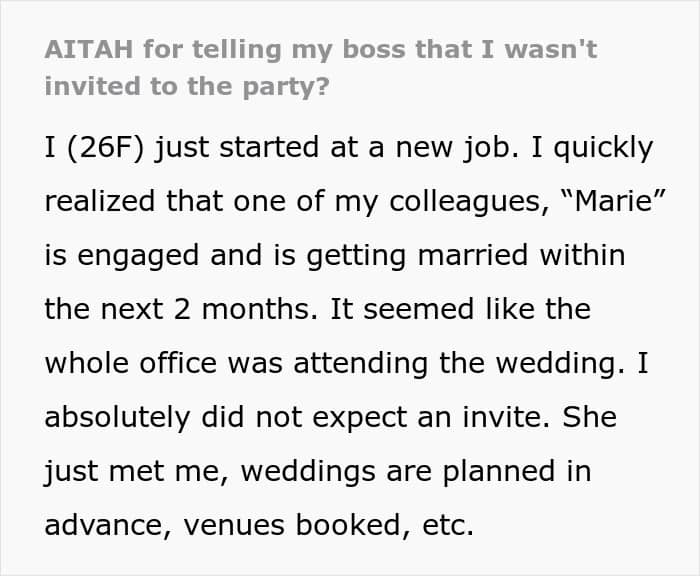
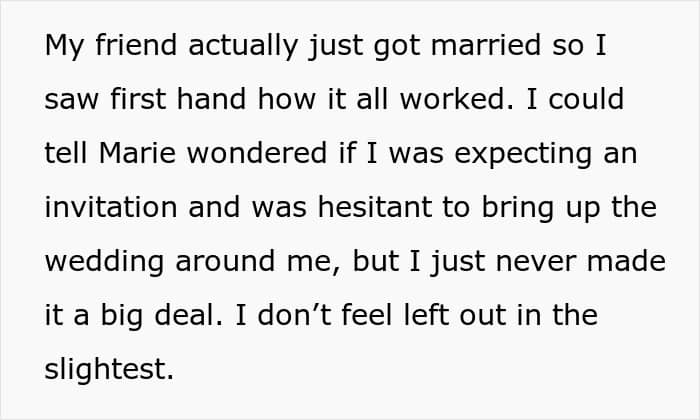
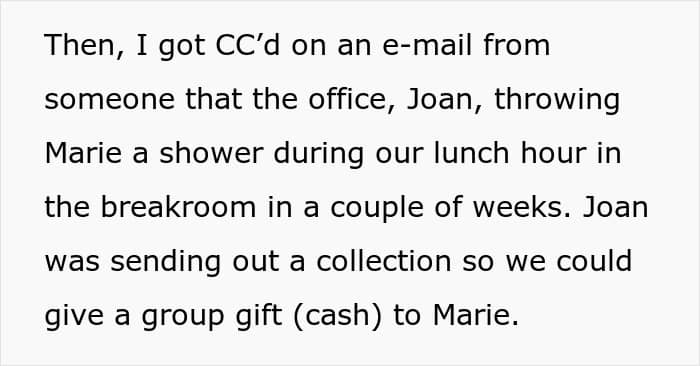


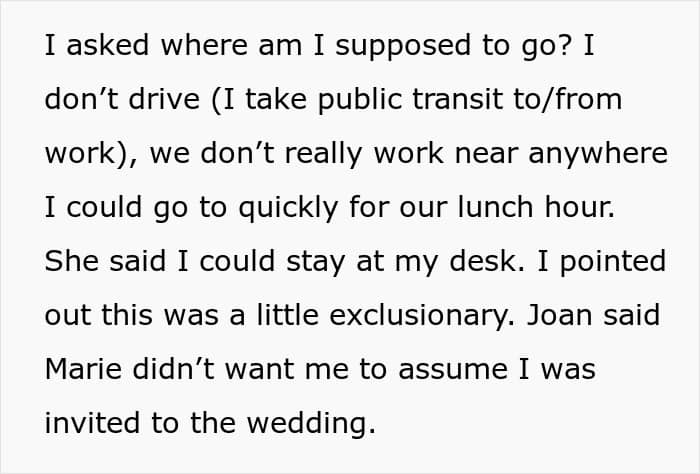

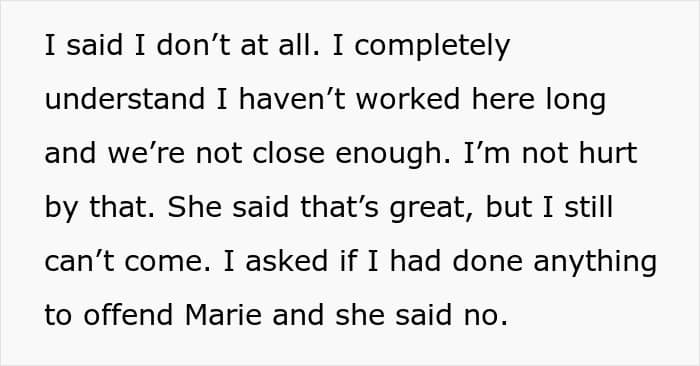
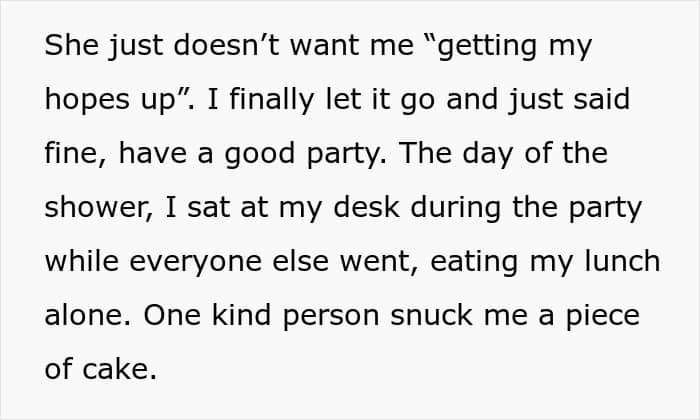
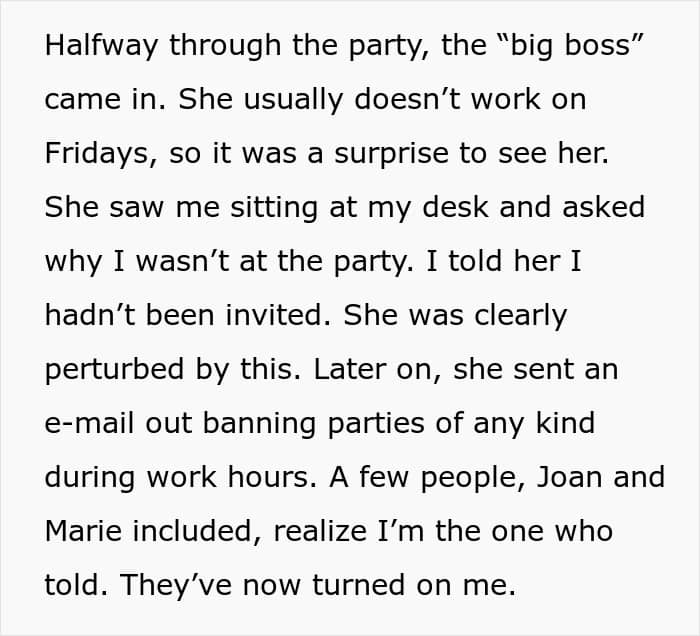
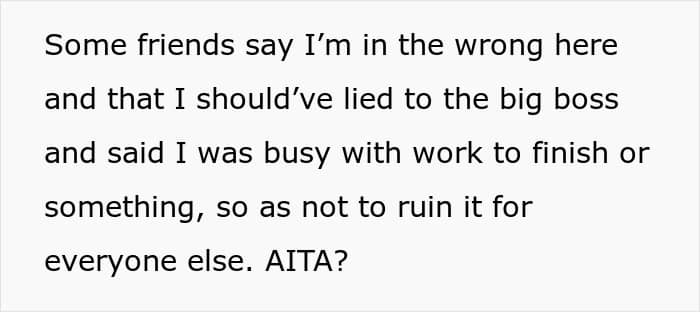
Excluding colleagues from team events and parties can backfire on the coworkers and employers

This office’s party planning committee was probably even worse than that in the cult classic The Office. Planning a party is hard even when it’s meant for family or friends. But workplace relationship dynamics bring in a lot more nuance, so planners should exercise more caution so no one is left insulted or left out.
According to Indeed, deciding who is invited to the party is an important part of planning. They recommend considering if spouses or family members can come, or if this is for in-office workers or remote workers too.
However, not inviting other team members or employees is not recommended. As The Conversation wrote, excluding someone is not just about hurt feelings. When one or more employees don’t get an invite to an office party, they have reason to file a discrimination claim.
Ireland had one unfortunate case where an excluded employee caused a company some headaches and money. The worker wasn’t invited to a Christmas after-party and felt discriminated against.
The employer tried to explain that they had no part in organizing the after-party and made no financial contributions to it. Still, the company was held liable for the exclusion of the employee and poor treatment by the other colleagues.
“Mean girls” at work are still common, but there are ways to deal with them

Another problem the OP here faced was dealing with not-so-friendly colleagues “Joan” and “Marie” who decided not to invite her to the party. Unfortunately, that’s not that uncommon, as one in four Americans say they have experienced rudeness from a coworker. 26% also say they have been ignored by a coworker.
“Mean girl” behavior might run rampant in high school when we’re teenagers, but when we enter the workforce, we expect our colleagues to act like adults. Why does this kind of behavior persist even well into adulthood?
Therapist Samantha Levine explained to Nylon that this kind of behavior aligns with our natural desire to belong to in-groups. “We as humans naturally gravitate toward a group that we would like to define our identities,” she said. Whether we do it consciously or not, this creates the “us” vs. “them” mentality.
So, how do you deal with mean girls at work? Most experts advise disengaging and especially not participating in office gossip. If necessary, it’s best to address the conflict personally: talk about the issue with the person or people who are being disrespectful alone.
Georgene Huang, the co-founder and CEO of the career community for women Fairygodboss, also says not to take it personally. “Ask yourself whether you’re dealing with a one-time incident with a specific trigger, or if this behavior is likely to repeat itself and keep dragging you down.”
Then, if everything else fails, there’s the boss and HR. This is the workplace, after all, not high school or college, and appropriate conduct and respect are expected of employees regarding coworkers.
Many commenters pointed out how unprofessional and unfriendly the coworkers were: “Clueless about office etiquette”
